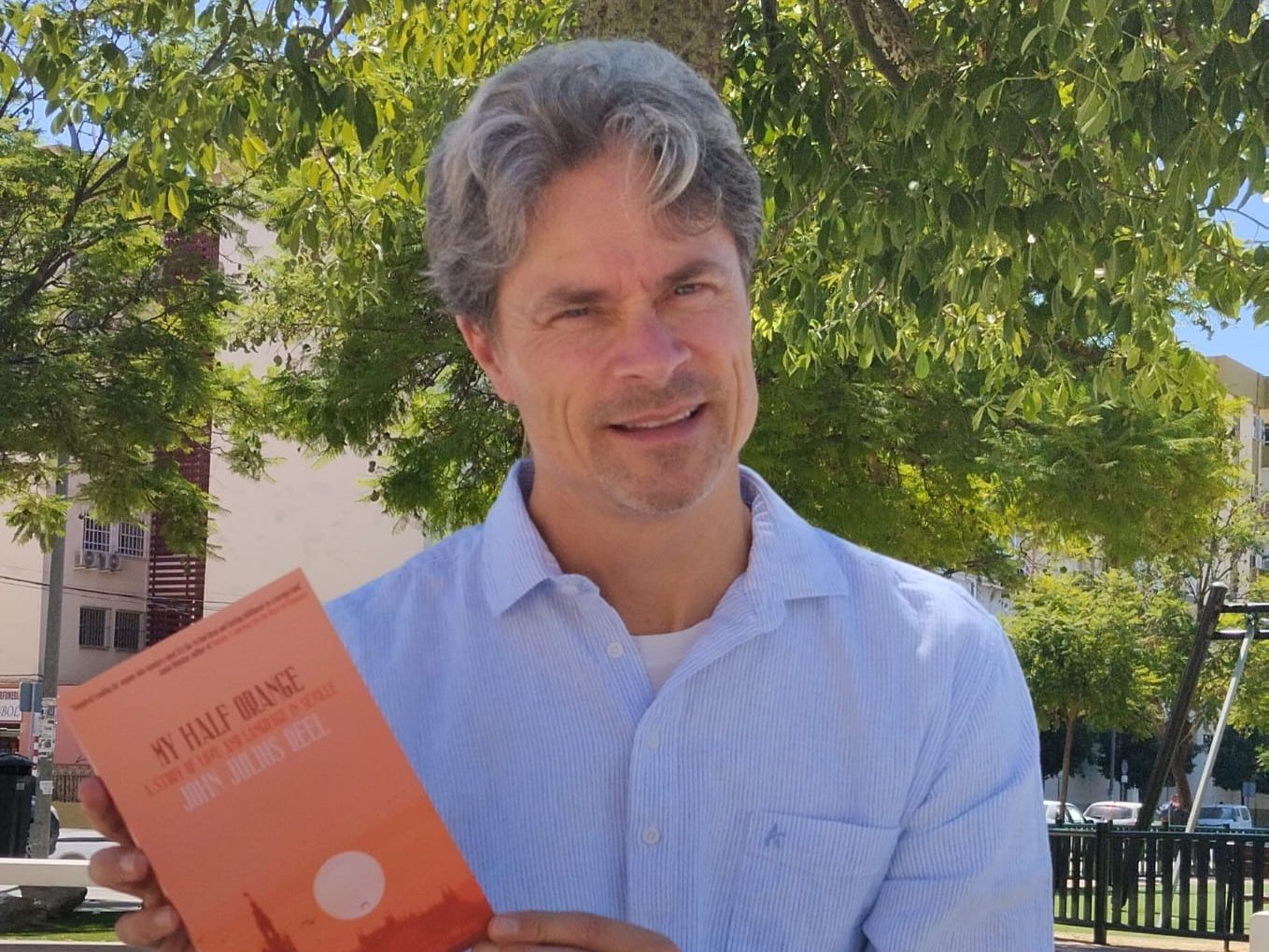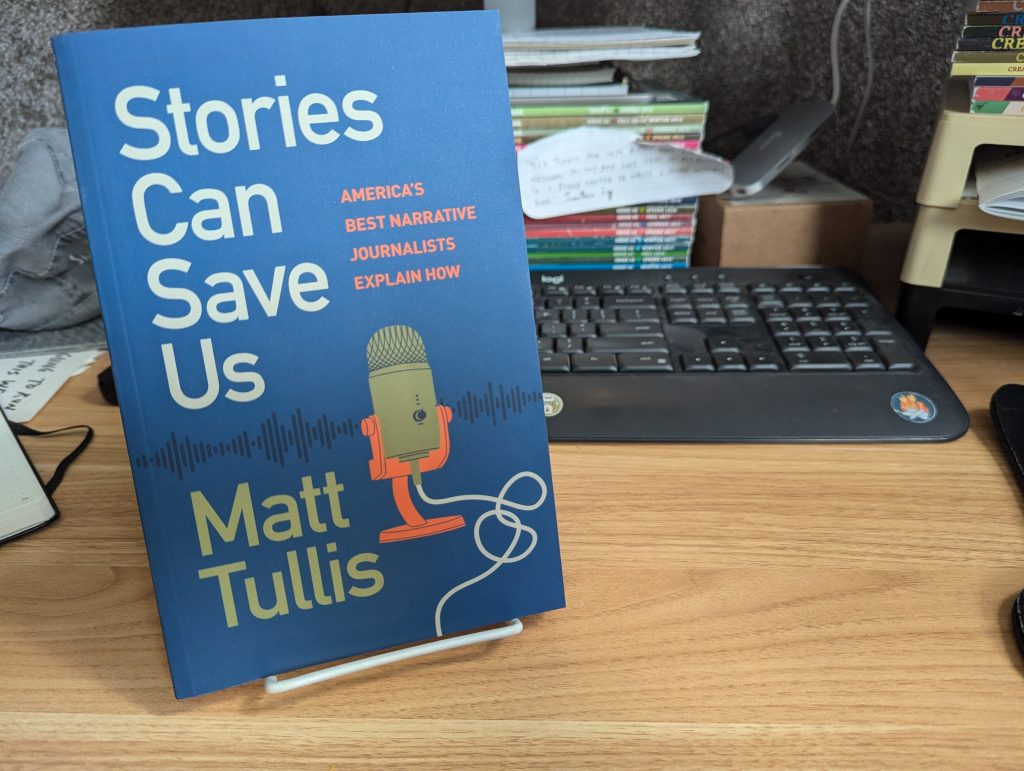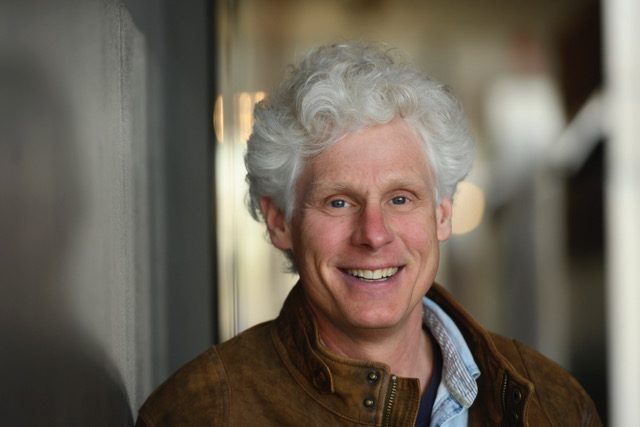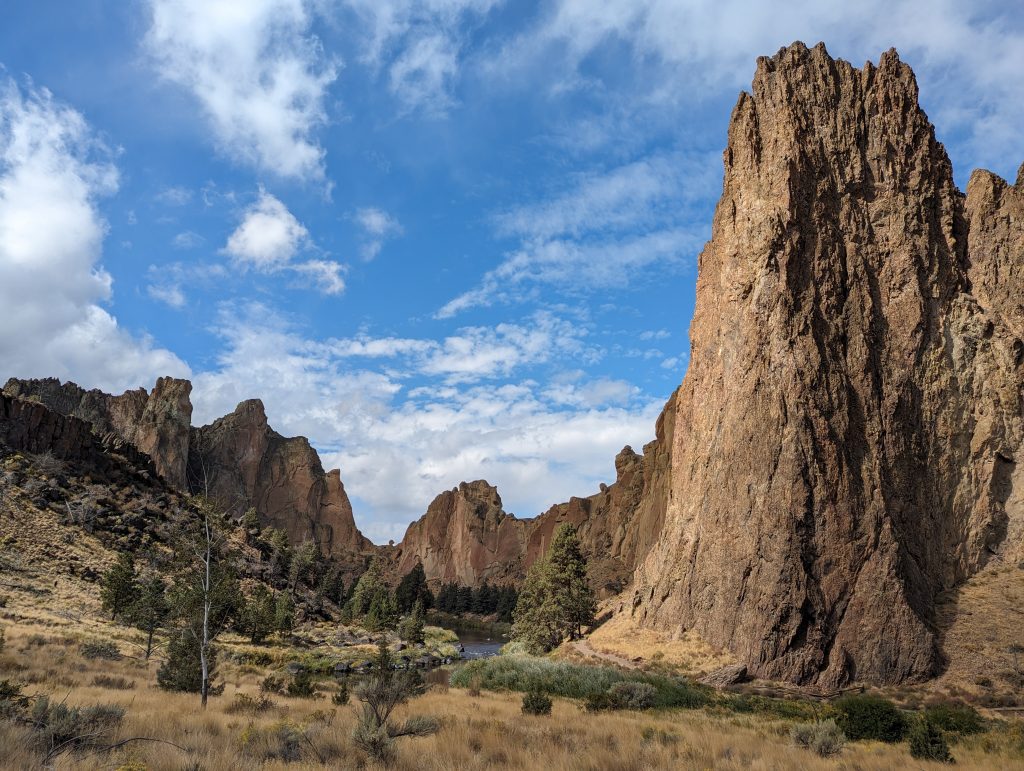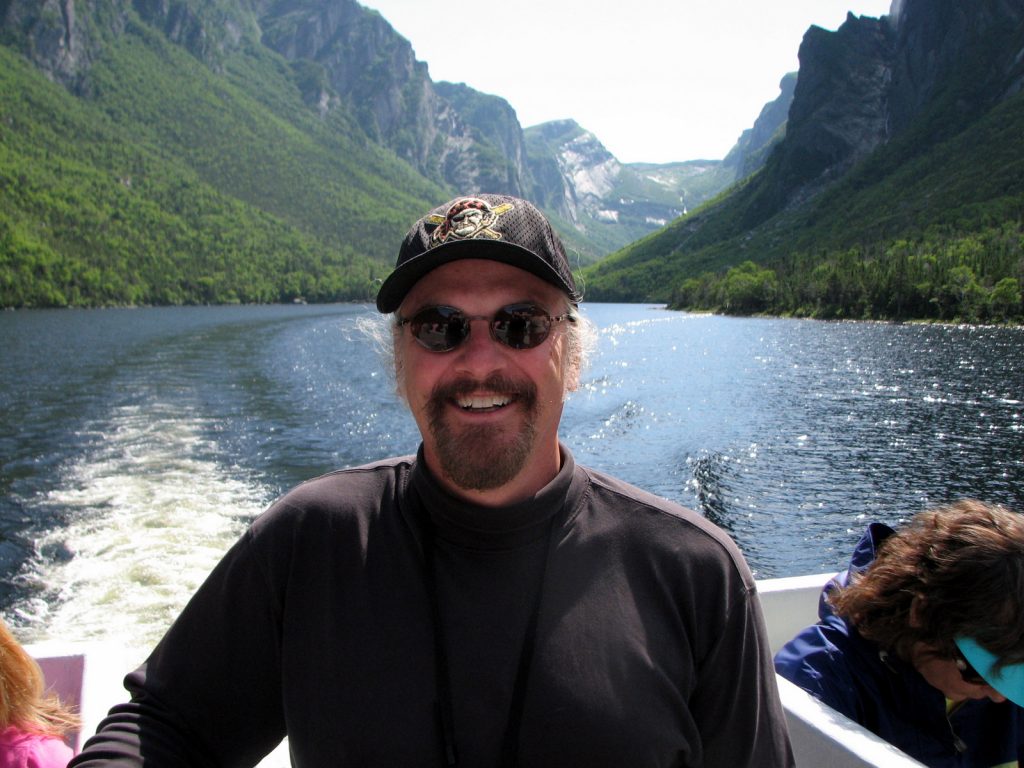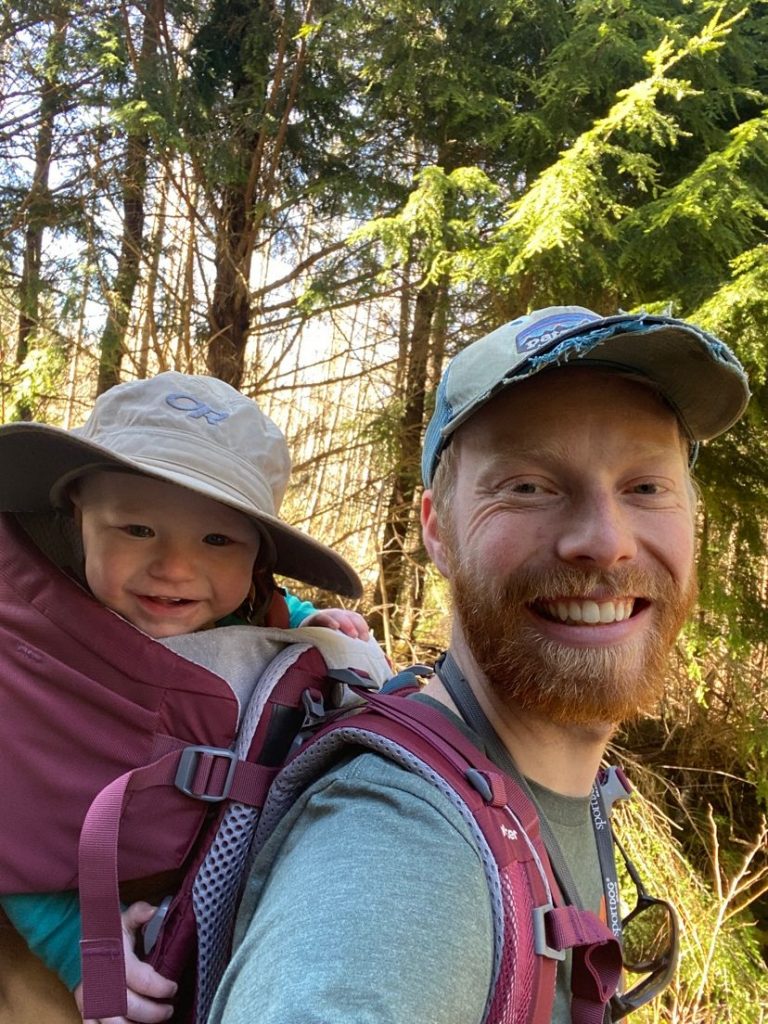
By Brendan O’Meara
Hey! We’ve got Cole Heilborn, a documentary filmmaker and founder of Port Side Productions, a company focusing on outdoor storytelling. His latest film is Inches to Miles, a film made in collaboration with Athletic Brewing. I’m an ambassador! Use BRENDANO20 at checkout for a slick discount, friend! (I don’t get any dough, just points toward beer.)
Continue reading “Episode 421: Cole Heilborn says, “We’re Gonna Find What We Find””
